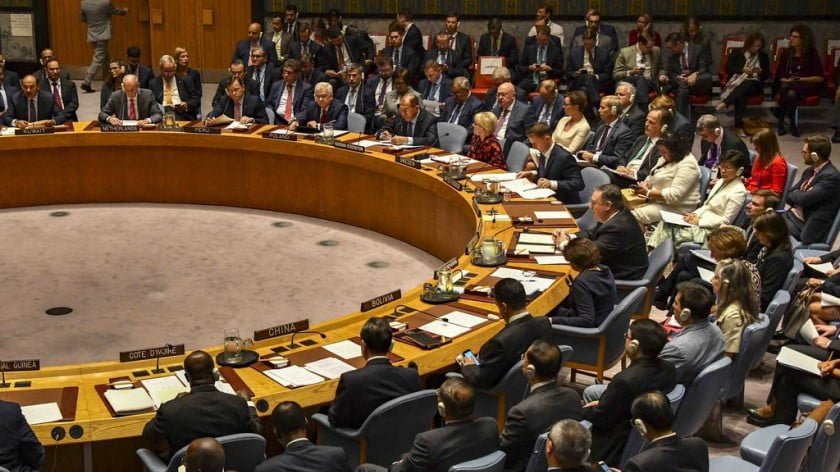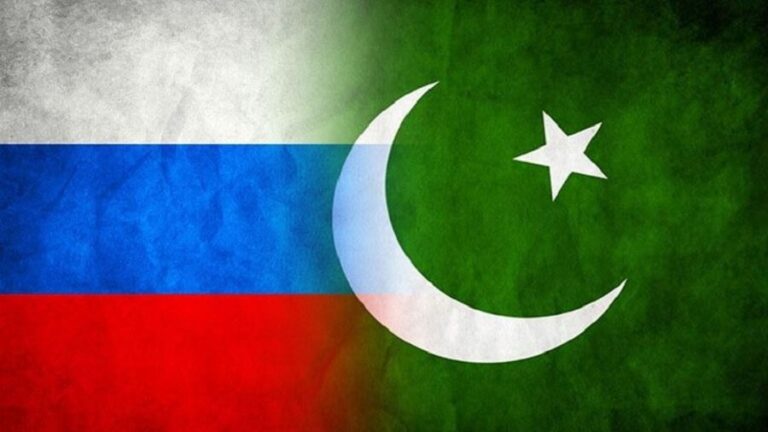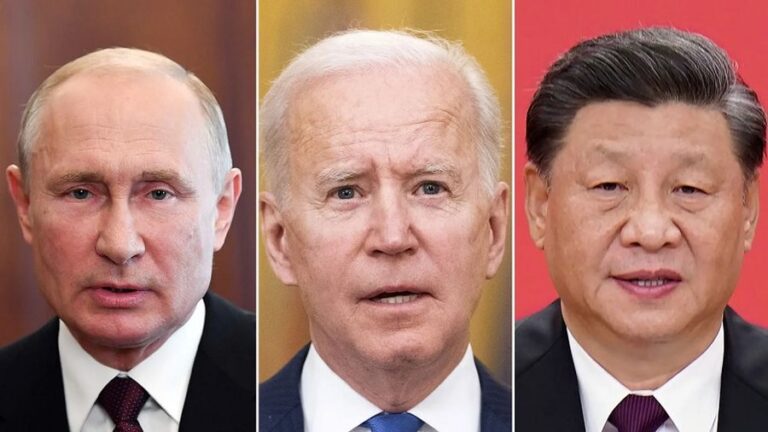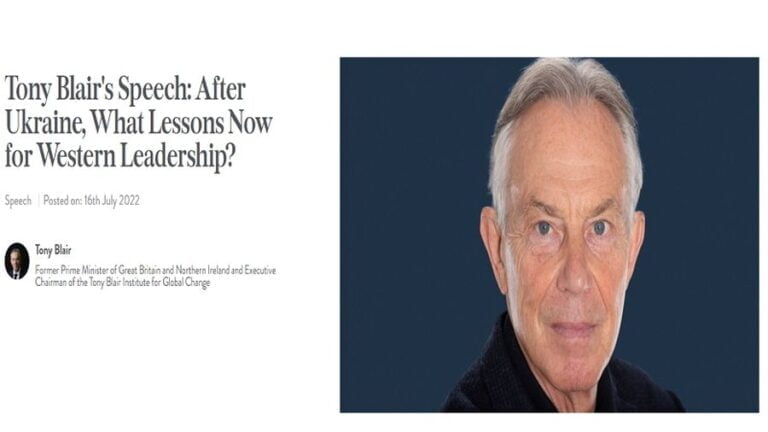It’s a Wrong Interpretation That Russia Supported Pakistan at the UNSC
Contrary to what’s being widely reported among some segments of the Alt-Media Community, Russia didn’t support Pakistan at the UNSC meeting about Kashmir, with this wrong interpretation being debunked by an objective reading of the official statements made by Russian Foreign Minister Lavrov and Deputy Permanent Representative to the UN Polyanskiy.
It’s been widely reported among some segments of the Alt-Media Community that Russia supported Pakistan at the UNSC meeting about Kashmir, but this is a wrong interpretation based off of well-intended wishful thinking that also conforms to classic confirmation bias. The narrative being spread is that Russia’s decision not to prevent the meeting itself from taking place implies some tacit form of support for the Pakistani stance that the issue is a multilateral one that requires the UN to resolve. That’s not true at all, however, since an objective reading of the official statements made by Russian Foreign Minister Lavrov and Deputy Permanent Representative to the UN Polyanskiy debunk this notion.
The Russian Foreign Ministry published the following press release on its official website about Lavrov’s recent conversation last week with his Pakistani counterpart (bolded emphasis is the author’s own):
“On August 14, Foreign Minister Sergey Lavrov had a telephone conversation with Minister of Foreign Affairs of the Islamic Republic of Pakistan Shah Mahmood Qureshi, on Pakistan’s initiative. The two ministers discussed the situation in South Asia amid the deterioration in relations between Pakistan and India after New Delhi decided to change the legal status of the state of Jammu and Kashmir. Sergey Larvov emphasised the need to de-escalate tensions and the absence of an alternative to resolving the differences between Pakistan and India on a bilateral basis by political and diplomatic means. Russia’s representatives in the United Nations also adhere to this consistent position.”
Lavrov, in his capacity as Russia’s top diplomat, very clearly articulated his country’s official position that there is no alternative to resolving the issue on a bilateral basis and that its UN representatives hold the same views.
This was confirmed a few days later by Russia’s Deputy Permanent Representative to the UN Polyanskiy who published the followingthreetweets reaffirming his country’s position (bolded emphasis is the author’s own):
“#Russia continues to consistently promote normalisation of #India – #Pakistan ties. We hope that existing divergences around #Kasmir will be settled bilaterally by political and diplomatic means only on the basis of Simla Agreement of 1972 and Lahore declaration of 1999, in accordance with UN Charter, relevant UN resolutions and bilateral agreements between India and Pakistan. We are friends and good partners with both #India and #Pakistan and both peoples. We have no hidden agendas. So we will open-heartedly continue to engage with Islamabad and New Delhi in order to help both of them come to terms and have good neighbourly relations #Kashmir”
Not only did he reiterate what Lavrov said about Russia’s belief that the issue must be settled bilaterally, but he also referenced the 1972 Simla Agreement in support of this position.
The USSR, of which Russia is the legal successor state, shared the Indian viewpoint that this agreement forever resulted in the issue being a bilateral one, which is different from the Pakistani position. Nevertheless, the invocation of the Simla Agreement by Polyanskiy was wrongly interpreted through the wishful thinking lense of confirmation bias by some commentators who believed that this signaled support of the Pakistani position by its very mentioning. Advocates of this interpretation also point to the inclusion of “relevant UN resolutions” in his tweet as supposedly returning Russia’s position back to the USSR’s original one back in 1948 when UNSC Resolution 47 called for a plebiscite to be held in determining Kashmir’s future political status.
That’s not the case, however, as both Lavrov and Polyanskiy made unambiguously clear when they directly said that the issue must be resolved bilaterally, proving that Russia still adheres to the Soviet Union’s position that the Simla Agreement turned Kashmir into a purely bilateral issue from then on out. As for the claim that Russia tacitly backed Pakistan’s position by virtue of not vetoing the closed door UNSC meeting that was just held, it would be unimaginable for Moscow to disrespect its comprehensive strategic partners in Beijing so brazenly by doing so, which is why Russia let the meeting proceed but used it as yet another opportunity to reaffirm its position on this issue through Polyanskiy’s subsequent tweets.
Due to what transpired last week, there’s no longer any doubt that the Russian and Chinese stances towards Kashmir are totally different and that this will inevitably have an effect on the Alt-Media Community. For now, however, it seems that some are denial about the political divergence between those two on this significant international issue, which partially explains why wishful thinking is still prevalent in wrongly interpreting Russia’s statements as supposedly signaling support for Pakistan’s position on Kashmir. That’s not the case at all, and it’s to the betterment of the Alt-Media Community that its members accept this and understand the reasons behind it in order to return to making realistic assessments of the overall situation and its dynamics.
By Andrew Korybko
Source: Eurasia Future







